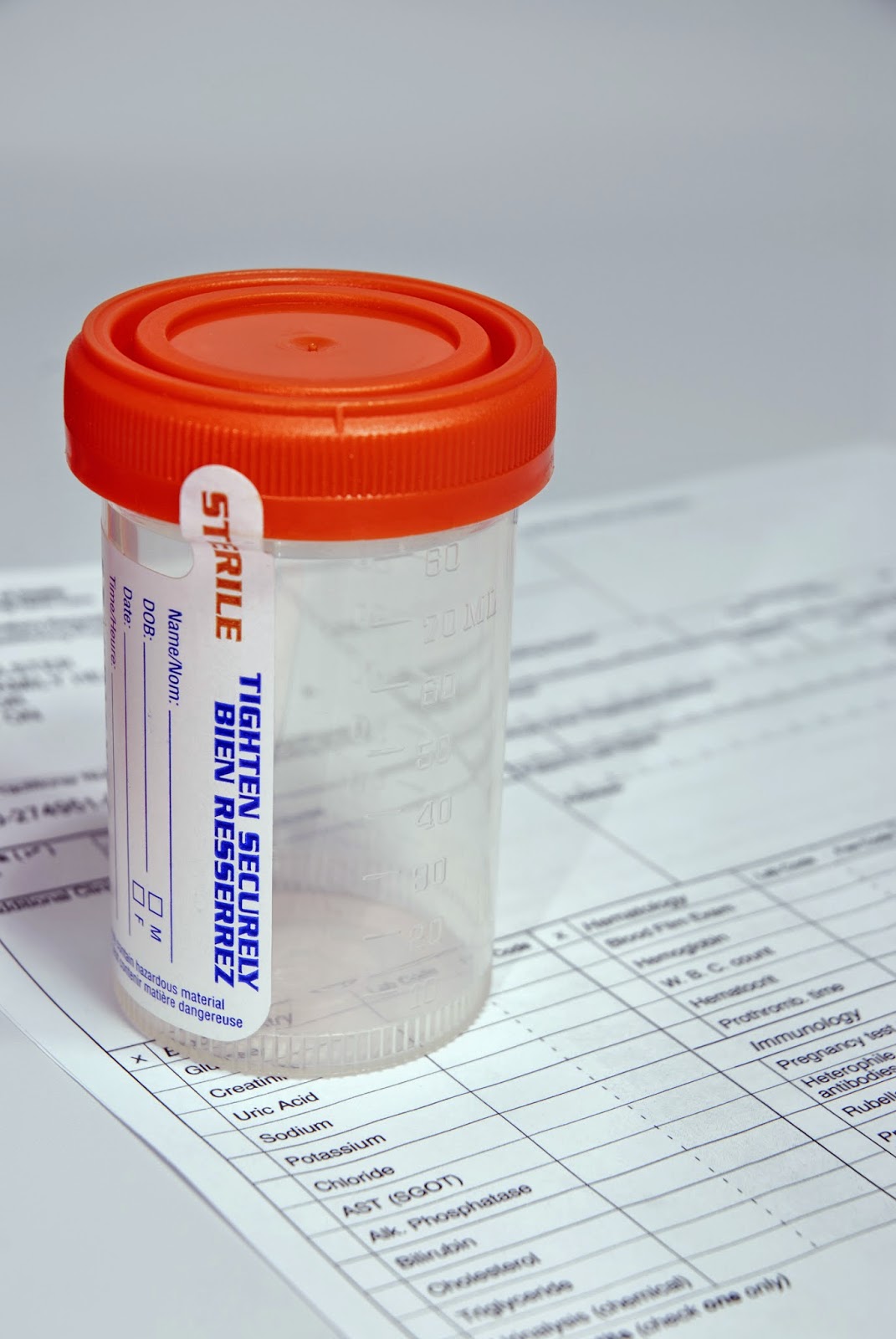Three simple tips: How to host a 'safe as possible' teenage party
I've had a couple of emails from parents recently that have asked for my advice on how to host a safe teenage party. What are some simple things that they can do to make sure the kids are as safe as possible, their house doesn't get wrecked and the police don't get called and the party gets shut down? I've written about this many times before and I get it - holding a party for teenagers, whether it be at your home or somewhere you have hired for the evening, is a huge responsibility and must be terrifying for those parents who want to try to do 'the right thing' but it is important to remember that parties and gatherings are held every weekend, right across the country, many of which run without major problems.
Things can go wrong though and, as such, you need to think about all the possible risks and put things into place to make sure that the party is as safe as possible – for the invitees, your neighbours and of course, you and your family. Of course there are no guarantees, however, the greater the planning, the more likely it is that things will run smoothly. As I see it, there are two distinct sections to this planning and they are as follows:
There is no handbook on how to be the perfect parent, you can only do the best you can do at the time. This is true when it comes to holding an incident-free teenage party. There are definitely some guidelines that you can follow, however, and if I was asked to boil it down to three simple tips, I would have to say the following:
Things can go wrong though and, as such, you need to think about all the possible risks and put things into place to make sure that the party is as safe as possible – for the invitees, your neighbours and of course, you and your family. Of course there are no guarantees, however, the greater the planning, the more likely it is that things will run smoothly. As I see it, there are two distinct sections to this planning and they are as follows:
- carry out some simple 'must-do' tasks that will help ensure safety for all concerned, and
- in consultation with your child, make a number of key decisions about the 'party process'
- make decisions on the 'non-negotiables' - these are made before discussions with your child and should cover issues such as number of invitees, start and finish times and whether you will allow (or tolerate) alcohol. These are the key decisions that will determine the safety of the event and no matter what your teen says, whether they kick and scream and tell you that you're the worst parent in the world, these are the things you won't move on ... If they don't like these decisions then the event cannot happen, it's as simple as that!
- enlist the help of other parents that you trust - do not try to do this by yourself! Hopefully you've spoken to others before you made the decision to host an event, but once you've said 'yes' to your teen, talk to others who have hosted parties or helped out at them and keep talking to them throughout the whole process. Find out what they believe worked and what didn't. In addition, find parents who you believe have similar views to you on party issues (whatever they may be) and don't be afraid to ask for their help on the night
- notify the local police about your event - all it takes is a quick phone call to register your party at least two weeks beforehand. Do this and if things start to go wrong on the night they'll have you on their radar and be aware that you have tried to do your best
The second part of the process involves working through a series of decisions about how the party will actually run. One of the best things about hosting an event like this is that when done correctly it can provide a great opportunity for you to strengthen your relationship with your child, get to know their friends and become more involved in their life. Once you've told them what your 'non-negotiables' are (and that could take a while, depending on their reaction!) and a final agreement is reached (the best way to do this is to think of this discussion as an auction - come in with a low bid (say they can have 30 invitees), wait for a counter offer (they say 60) and let them think that you're giving in when you meet them halfway (okay, how about 45?), which hopefully was your original number!), sit down with them and discuss how the party will actually roll-out, from the invitations through to how the invitees will get home at the end of the night. There are the more simple decisions that could include the following:
- How are invitations and RSVPs going to be handled? Who is going to look after these and what are they going to look like an actually say?
- What food will be available? Your child is more likely to know what food is 'socially acceptable' to the current generation of young people and will be of great assistance here
- What type of entertainment is going to take place? Once again, they are going to know what is going to work and what isn't and this is one of those issues that you can negotiate with them, usually dependent on your budget
Then you get to the curly ones, particularly around the issue of alcohol:
- Will alcohol be allowed (if there are over 18s attending) or 'tolerated' (if not) and who will serve it if it is? If you do make the decision to serve alcohol, how are you going to deal with the issue of your underage guests, remembering the legal issues around providing alcohol to minors? If a parent contacts you to ask you about alcohol are you prepared to defend your decision? Does your child understand the risks involved? Is there going to be a 'free-for-all', i.e., are people going to be able to bring their own and then get their own alcohol whenever they want or will there be someone serving alcohol, monitoring how much people are drinking?
- If you decide on an alcohol-free party, how will you handle guests who turn up with alcohol or intoxicated? Simply turning a guest away from the party is not an option. You do not know whether he or she has been dropped off at your home by their parent and how they're getting home – maybe they're returning in a few hours. Sending them off into the night with a bottle in hand or alcohol-affected is irresponsible and dangerous. Discuss this with your child and see if you can come up with some ideas for dealing with this problem together.
- How will you handle gatecrashers? Gatecrashers are now a fact of life at teenage parties, particularly if you are providing (or be seen to be tolerating) alcohol. In the age of social media and mobile phones it doesn't take long for the word to get out that there is a party happening. Will you be hiring security or do you have a couple of burly relatives that can handle a difficult situation? What responsibility will your teenager have in looking after the door, particularly considering that they are more likely to know who was invited and who wasn't?
- What will you do in an emergency? The best planned parties could end up finding themselves trying to handle an emergency of some description. This does not have to be related to alcohol – when a group of people get together, no matter what their age, things can go wrong. Who will be the contact person whose responsibility it will be should something go wrong? Who will make the list of emergency numbers and where will it be kept?
- How will the guests be getting home when the party ends? Unbelievably, this is one aspect of a hosting a teenage party that many parents forget about. It is undoubtedly one of the most difficult to police but it needs to be discussed with your child so that they understand the huge responsibility you have taken on. There is no way that you are able to know how each and every guest attending the party is getting home but if something happens to any of those young people when they leave your home, particularly if they have been drinking, it would be difficult to live with yourself.
There is no handbook on how to be the perfect parent, you can only do the best you can do at the time. This is true when it comes to holding an incident-free teenage party. There are definitely some guidelines that you can follow, however, and if I was asked to boil it down to three simple tips, I would have to say the following:
- decide on your non-negotiables and stick to them
- don't do this by yourself - enlist the help of other parents
- involve your teen in the planning and rolling-out of the entire party process




Comments
Post a Comment